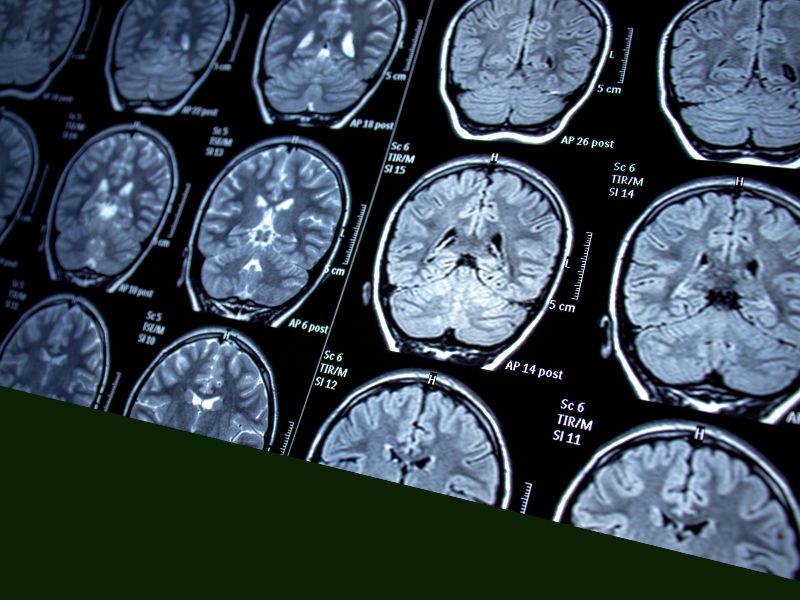Cannabigerol (CBG), often referred to as the “mother cannabinoid,” is rapidly emerging as one of the most promising compounds found in cannabis. Unlike THC and CBD, which are well-known to most people, CBG is less abundant in mature cannabis plants but serves as a foundational precursor from which many other cannabinoids develop. Its unique therapeutic profile, particularly its beneficial effects on gastrointestinal (GI) health, has garnered significant attention in clinical research and practice.
One of the most compelling clinical benefits of CBG lies in its effectiveness for gastrointestinal issues. Clinicians are increasingly observing its positive impact on patients dealing with conditions such as Crohn’s disease and inflammatory bowel disease (IBD). These chronic inflammatory disorders of the gut cause severe discomfort, diarrhea, pain, and nutritional deficits. Traditional treatments often involve immunosuppressive medications, which carry risks of side effects and infections. CBG offers an alternative or complementary therapeutic approach, showing promise as an anti-inflammatory agent that can significantly ease symptoms and improve patients’ quality of life.
Scientific studies provide robust backing for these clinical observations. Research published in Biochemical Pharmacology in 2013 demonstrated that CBG could reduce inflammation and oxidative stress in animal models of colitis, a condition closely resembling human IBD. The study reported notable improvements in markers of inflammation and intestinal health, suggesting that CBG could help manage chronic inflammation and intestinal tissue damage seen in human IBD patients.
Further research has pinpointed that CBG directly interacts with CB2 cannabinoid receptors predominantly found in the gastrointestinal tract and immune cells. Activation of these receptors by CBG has been shown to reduce inflammation, decrease intestinal motility disturbances, and enhance gut barrier function. These mechanisms not only relieve symptoms but may also help prevent future flare-ups of Crohn’s and IBD, offering both symptomatic relief and disease management.
A landmark study published in the Journal of Cannabis Research in 2020 provided compelling evidence of CBG’s efficacy against resistant bacterial infections. Researchers discovered that CBG exhibits strong antibacterial activity against methicillin-resistant Staphylococcus aureus (MRSA), highlighting its potential in managing gut dysbiosis—an imbalance of intestinal bacteria commonly observed in Crohn’s and IBD patients. By modulating the gut microbiome and controlling harmful pathogens, CBG could restore balance in gut flora, a critical step in maintaining gastrointestinal health.

Beyond its promising GI benefits, CBG offers additional therapeutic potential in several other important areas. Neuroprotective properties of CBG are increasingly recognized in scientific literature. Preclinical studies suggest that CBG may protect neurons from degeneration, providing potential treatment pathways for conditions like Parkinson’s disease, Alzheimer’s, and Huntington’s disease. A 2015 study published in Neurotherapeutics demonstrated that CBG possesses potent neuroprotective qualities, reducing oxidative stress and inflammation in models of neurodegenerative diseases.
CBG also shows promise in mood regulation, specifically anxiety and depression management. Recent research indicates that CBG acts as a serotonin receptor agonist, modulating serotonin levels in the brain—a key neurotransmitter involved in mood regulation. Clinical feedback suggests that patients using CBG-rich formulations report improved mood stability, reduced anxiety, and better overall mental health outcomes.
Pain management represents another promising application of CBG. Emerging studies indicate that CBG has analgesic properties that may complement or even surpass traditional analgesics in some settings. A study published in Frontiers in Pharmacology (2021) reported that CBG significantly reduced chronic pain and inflammation in animal models, providing preliminary support for its use as a natural, non-opioid pain reliever. Patients experiencing chronic gastrointestinal pain conditions may especially benefit from this cannabinoid’s comprehensive therapeutic action.

Additionally, preliminary research indicates potential anticancer properties for CBG. Laboratory studies, such as one reported in the journal Carcinogenesis in 2014, demonstrated that CBG could inhibit the growth of colorectal cancer cells by blocking specific receptors responsible for cancer cell proliferation. While this research is in its early stages, it underscores the broad therapeutic promise of CBG and highlights its potential beyond symptom management towards disease prevention.
As clinical experience accumulates and scientific research expands, the full therapeutic potential of CBG is gradually coming into sharper focus. Its unique ability to target inflammation, support gastrointestinal health, improve mood, protect neurons, and potentially combat cancer cells underscores its value in comprehensive medical cannabis therapy.
For patients struggling with Crohn’s disease, IBD, or other chronic gastrointestinal disorders, CBG represents more than symptomatic relief; it offers a new pathway toward lasting health improvements and enhanced well-being. As research progresses, CBG’s diverse benefits promise to make it a cornerstone of integrative medicine, potentially transforming treatment approaches for many chronic conditions.

















